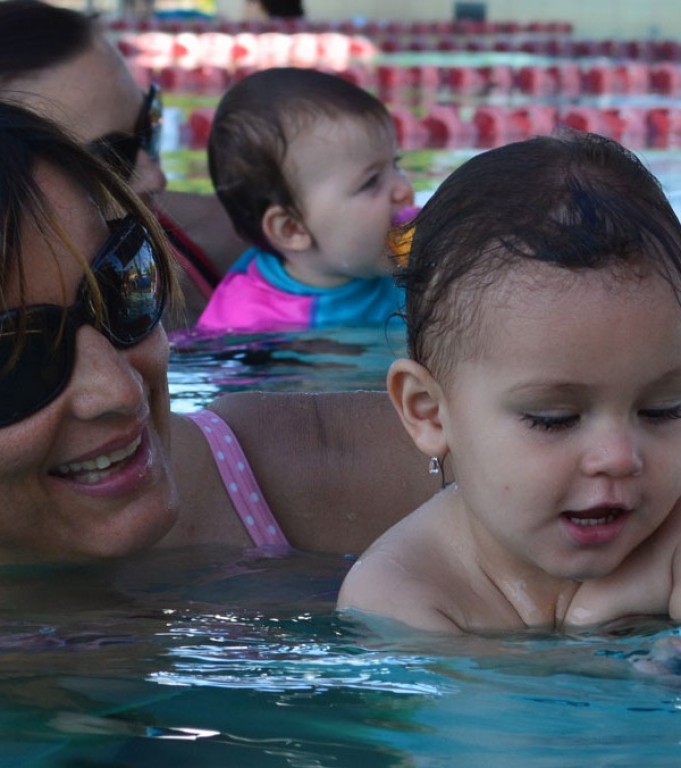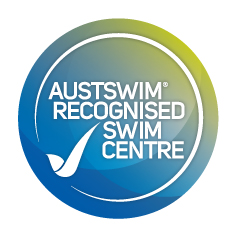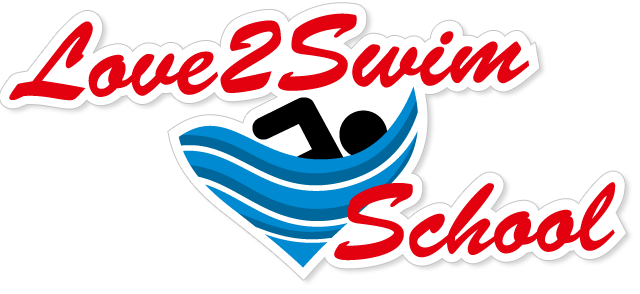What Do I Look For In A Swim School?

Choosing a swim school is an important decision but how can you tell which swim school is right for you.
Here’s some useful research funded, as a community service, by the Australian Swimming Coaches and Teachers Association Inc which lists some guidelines to help you decide.
- What are others saying about their centres? Can you come and see the program before you commit?
- Are they friendly and helpful?
- Is it well maintained, with clean pool and facilities? Pool water will be clear and well sanitised. Good swim schools will test their water quality at regular intervals throughout the day and be happy to share the results.
- Comfortable water and air temperature. Babies, young children and beginners need warm water and warm air.
- Well qualified staff. All teachers should have a nationally recognised swimming teaching qualification, and a current resuscitation certificate.
- A good school will also have a core of experienced teachers with specialist qualifications, and will have consistent curriculum and methods throughout the school.
- Are they nationally certified? A good swim school will strive to achieve high standards through certification with Swim Australia and/or AUSTSWIM and have ongoing development of their staff and their programs.
- A child-centred teaching philosophy. Skills will be appropriate for the child’s age, development and ability. Children should never be placed under stress during a swim lesson. Nervous beginners will be reassured and gently introduced to new skills as they gain in confidence.
- Parental involvement. Young children need the security of having a parent close by. Until around 2 or 3 years of age babies need a carer in the water providing physical and emotional support. Having a parent in view and showing positive interest is important to all young children, especially preschoolers and nervous beginners. A good school will welcome your positive involvement.
- A progressive approach. Classes should be based on a sound progression of swimming and water safety skills. A good school will provide parents with written information explaining the school’s levels and skill progression.
- Water safety skills. A good school will teach children appropriate safety and survival skills whilst acknowledging that no child is ever water safe.
- A reminder that constant supervision is the only way to ensure a child’s safety.
- Well grouped classes. All children in a class should be at approximately the same level. This allows the teacher to better cater for individual needs.
- A good school will give consideration to children with special needs.
- Small class numbers for young children and beginners.
- Short lessons for learners. Young children and beginners may become cold and tired if lessons are longer than 30 minutes.
- Children need to repeat skills many times to learn and remember them. A good school will provide repetition and ‘quality practice’ — they are the key to developing good swimming technique.
- Do they have an opportunity to participate in competitive swimming down the track? A specialist swim school will be able to recommend a good coaching program and club. Many swim schools will provide higher level coaching programs and will encourage developing swimmers to pursue swimming competition.
- Safety at all times. The good swim school will always use equipment wisely and ensure children are vigilantly supervised when under their care.
- A motivating system of rewards/awards. Children in a good swim school will be confident and happy to participate. Most schools will have a system in place marking progression between levels, eg. certificates. Smiles and laughter will be the norm and praise will be given in large doses.
These guidelines were researched and developed by Julie Zancanaro, BAppScOT (Syd).
IN CONCLUSION:
Once a lesson program has begun, how long should it go on? Swimming lessons are not an event, but rather a long-term process. Attending lessons as a regular part of a child’s weekly routine through their infant, preschool and early school years is a great plan to ensure proper development of their aquatic skills.
Starting early and continuing long term will allow your child to fully experience all that the water and the swimming lesson experience has to offer.
Swimming lessons are not just another option on the list of activities for children, along with soccer, dance, gymnastics, etc. They are an invaluable lifesaving activity offering many benefits for the learner and for the more accomplished swimmer.

